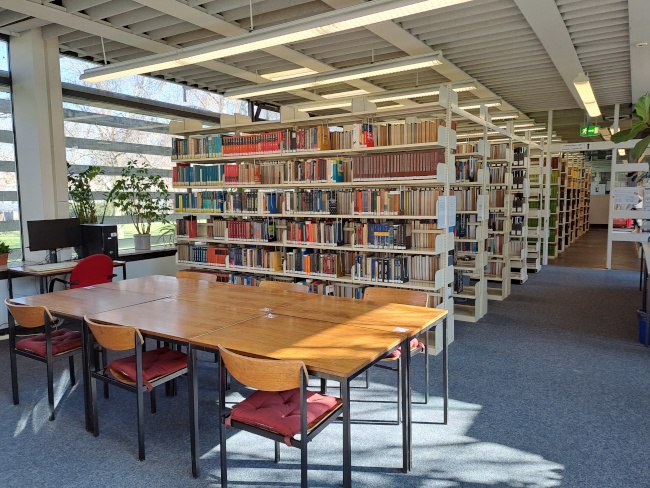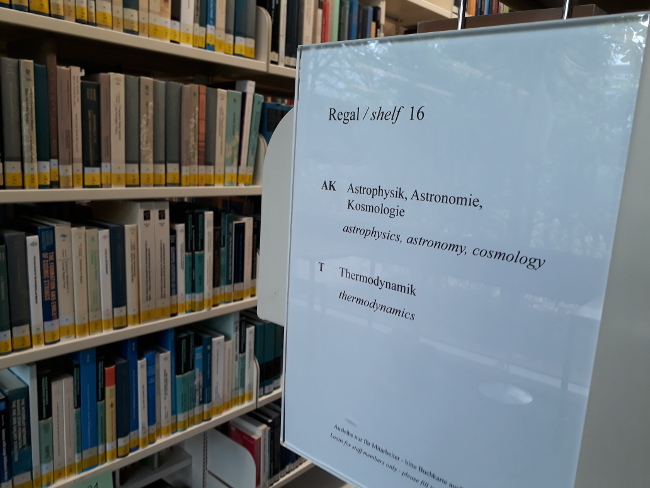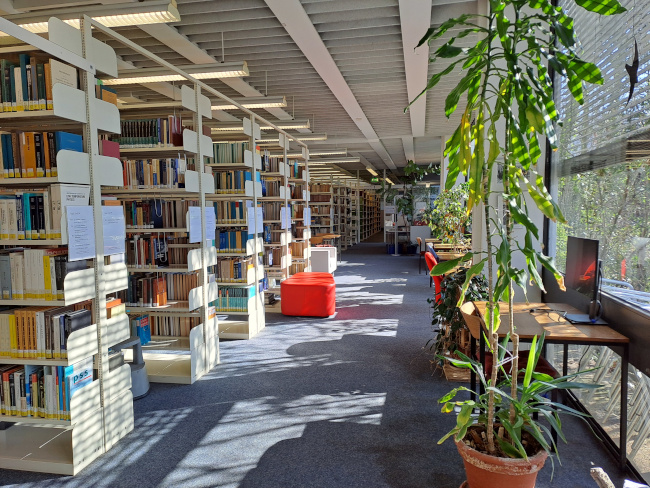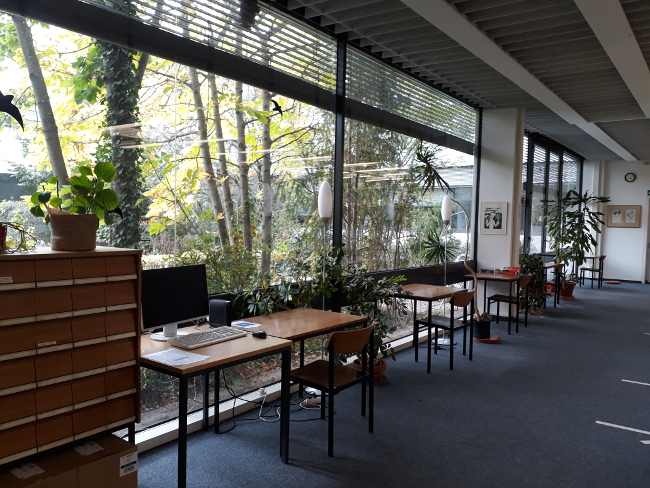Open access means that a reviewed manuscript (journal article or book) is immediately and permanently online available and you can read it free of charge. Furthermore, the copyright remains with the author with a Creative Commons License. The “Alliance of German Science Organizations” recommends the Creative Commons license CC-BY for scientific publications.
Open access aims to achieve greater visibility, higher citation rates, and greater impact of research results of German scientific institutions. The subject of open access is quite complex. There are different models of open access like "hybrid" "green" or "golden" paths: (open access diagram)
It is a hybrid journal when a publisher charges both a subscription fee (the license for reading) as well as an additional fee if the author chooses to publish a certain article open access. The publisher therefore earns twice (double dipping). The hybrid path is the first step on the way to the transformation process that only started a few years ago.
The "green path" to open access means that the author can publish his article – usually with a time delay - on his website or in a repository after the article has appeared in a scientific journal. Publishers often only allow uploading a manuscript version (which is usually identical in content, but in a different layout). Documents published in the green way are often preprints.
With “subscribe to open (S2O)”, existing subscribers from participating institutions commit to maintaining their subscription to a journal / journal portfolio when switching to an OA model - the journal content is then published under a Creative Commons licence at no additional publication cost to the corresponding author. In order for the journal to retain its OA status, a certain number of subscriptions must be reached in the following year.
The "golden path" refers to publishing in an open access journal. The publisher publishes the peer-reviewed version of the manuscript immediately and permanently in a journal and anyone can read, download or share the article without any barriers. Gold open access is a "pay-to-publish" model: you do not have to pay a subscription fee to read the content, but you have to pay an article processing charge (APC) to publish your article.
You are on the "platinum path" (or diamant path) if you don not have to pay neither for reading nor publishing an article. In these cases, scientific institutions usually offer publication platforms themselves.
The transformation from the subscription model to open access requires extensive changes in the background organization: for example, the university has to reorganize the budget for libraries and publication fees, and libraries have to develop and establish new work processes; the USB already offers new services related to OA publishing.




